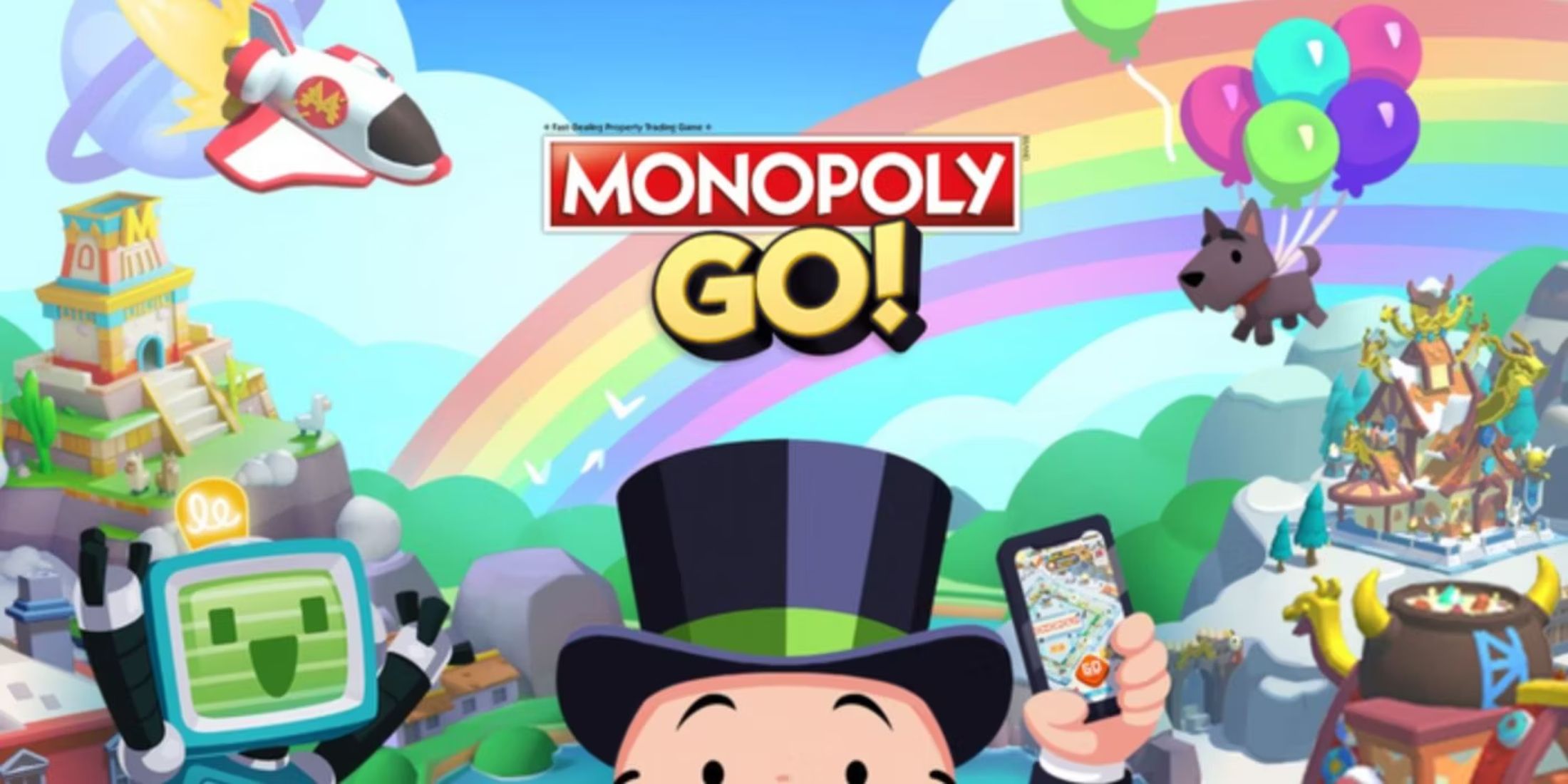The Psychology Behind Winning MONOPOLY GO!: Strategic Insights
1. Introduction
MONOPOLY GO! is a digital adaptation of the classic board game, renowned for its blend of luck and strategy. Its popularity stems from its engaging gameplay and competitive nature. A core question arises: why do some players consistently win? This article delves into the psychological tactics and strategic insights that separate winners from the rest.

2. Understanding MONOPOLY GO! Core Mechanics
The game's objective is to bankrupt opponents through property acquisition and development. Key elements include dice rolls (luck), property upgrades, event cards (random events), and player interactions. While luck plays a role, strategic decisions—like property selection and cash management—significantly influence outcomes.

3. Psychological Tactics for Winning
3.1 Decision-Making Psychology
- Risk Preference: Aggressive investing early can yield high rewards, but conservative play minimizes bankruptcy risk.
- Loss Aversion: Fear of losing money may prevent players from seizing opportunities, like auctions for undervalued properties.
- Anchoring Effect: Initial property valuations (e.g., buying the first cheap property) can skew later decisions, leading to suboptimal trades.
3.2 Social and Negotiation Strategies
- Reciprocity: Offering fair trades builds trust and alliances, which can be pivotal later.
- Bluffing: Pretending to have a weak position can lure opponents into unfavorable deals.
- Emotional Control: Staying calm when targeted by opponents prevents rash decisions, like overspending on revenge upgrades.
3.3 Long-Term vs. Short-Term Gains
- Delayed Gratification: Saving cash for critical auctions or upgrades instead of spending on minor properties.
- Resource Management: Balancing property upgrades (for rent income) with liquidity (to avoid bankruptcy).

4. Advanced Strategic Techniques
- Property Monopolies: Focus on acquiring full color sets (e.g., all oranges) to maximize rent leverage.
- Cash Flow: Maintain reserves for unexpected fees or to capitalize on opponents' desperation.
- Event Cards: Use disruptive cards (e.g., "Force Upgrade") when opponents are vulnerable.
- Opponent Analysis: Adapt strategies based on opponents' playstyles (e.g., aggressive traders vs. hoarders).
5. Common Psychological Pitfalls
- Overconfidence: Underestimating opponents who may have hidden resources.
- Sunk Cost Fallacy: Refusing to sell a losing property despite mounting losses.
- Herd Mentality: Copying others' strategies without assessing their suitability.
6. Conclusion
Winning MONOPOLY GO! hinges on mastering both strategy and psychology. By applying these insights—calculated risk-taking, negotiation savvy, and emotional discipline—players can tilt the odds in their favor. Share your winning tactics in the comments!
FAQ Section
Q1: Is MONOPOLY GO! mostly luck-based?
While dice rolls introduce randomness, long-term strategies (property monopolies, shrewd trading) dominate over luck.
Q2: How to negotiate effectively?
Leverage reciprocity (offer value to get value) and analyze opponents' needs (e.g., they may trade a key property for cash).
Q3: Which properties to prioritize?
Aim for complete color groups (especially orange/red) and upgrade them to maximize rent.
Q4: How to avoid bankruptcy?
Keep a cash cushion (at least 20-30% of total assets) and avoid over-investing in low-return properties early.
Q5: How to counter a dominant opponent?
Ally with other players to block their monopolies and use event cards to disrupt their plans.


